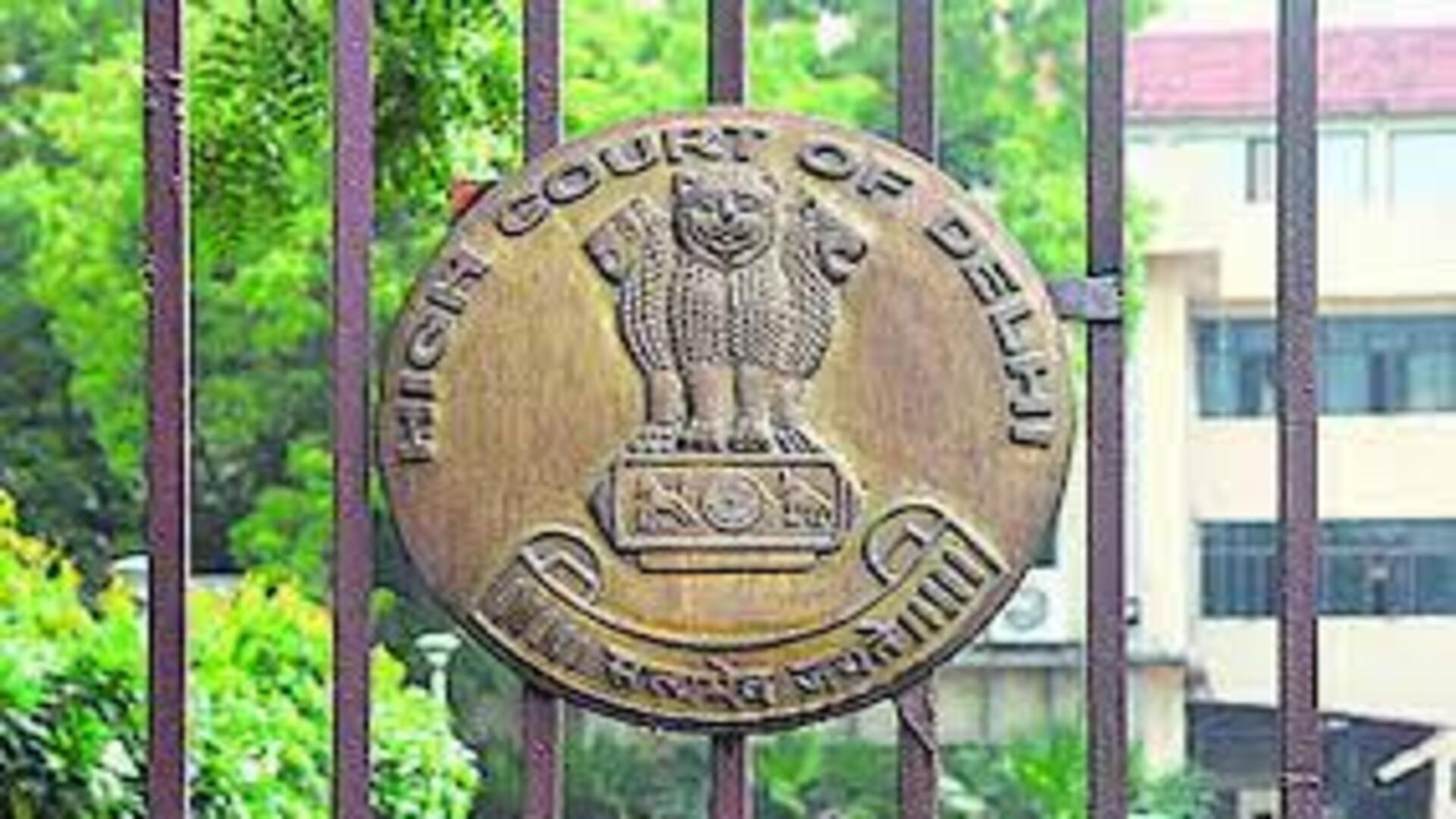
The Delhi High Court in the case Umaxe Projects Private Limited vs Air Force Naval Housing Board observed and has held that filing of the Section 29(A) application by a party did not amount to a waiver of its right to challenge the arbitrator’s ineligibility under Section 12(5) of the Arbitration and Conciliation Act, 1996.
The single bench headed by Justice Manoj Kumar Ohri was hearing the present matter.
The bench in the case held that filing an application under Section 29A of the Arbitration Act for an extension of the mandate did not amount to an express waiver in writing under Section 12(5).
Facts of the Case:
The petition has been filed by the petitioner under Section 34 of the Arbitration & Conciliation Act, 1996 in Delhi High Court, High Court, wherein it seeks to set aside the final arbitral award.
Therefore, these awards were delivered by a Sole Arbitrator and both relate to different projects involving the same parties.
The First Award pertained to a Letter of Acceptance, LOA is being issued to the Petitioner as the lowest bidder for a housing project near Jhajjar Village, Prem Nagar, Dehradun.
The project involved the construction of 430 flats in eight towers with an estimated cost of Rs.98.01 crore. Thus, the agreement was executed on June 10, 2010.
The Second Award, related to an LOA dated November 30, 2017 is being issued by the Respondent to the Petitioner for completing the balance work at a project site comprising 545 flats in eight towers, with an amount of Rs.38.33 crores.
Therefore, the Respondent initially awarded the project in 2010 to M/s Omaxe Infrastructure & Construction Ltd., but the contract was terminated, leading to the issuance of LOA in favor of the Petitioner.
In the present case, the disputes between the parties resulted in the invocation of arbitration, leading to the issuance of the impugned Awards.
The Petitioner’s primary ground for challenge was the de jure ineligibility of the Sole Arbitrator, citing the Seventh Schedule of the Arbitration Act. It has been contended before the court that Section 12(5) of the Arbitration Act allowed challenging the proceedings conducted by an inherently ineligible arbitrator, and the Petitioner’s participation does not waive this right unless there is an express agreement in writing post-dispute.
On the other hand, the respondent argued that waiver could be implicit through conduct, pointing out the Petitioner’s active steps in the arbitral proceedings, such as filing an application under Section 29(A) seeking an extension of the mandate of the arbitral tribunal.
Observations Made By The High Court:
The High Court in the case noted that the arbitrator was unilaterally appointed by the Respondent, in accordance with Clause 18.2 of the General Conditions of Contract, GCC forming part of the Agreement and Clause 22 of the Agreement. Thus, the said clauses did not afford the Petitioner any say in the appointment process.
The High Court in the case observed and has held that the chairman-cum-managing director of a party ineligible himself was also not eligible to appoint another arbitrator.
Further, the court held that the that participation in arbitral proceedings without objecting to the arbitrator’s appointment did not constitute a waiver of the right under Section 12(5) of the Arbitration Act. The High Court in the case also referred to the decision in the case Larsen & Toubro Ltd. v. HLL Lifecare, wherein the court held that filing an application under Section 29A of the Arbitration Act for an extension of the mandate did not amount to an express waiver in writing under Section 12(5). Thus, the court held that the mere act of participation, without clear indication that the party is cognizant of the ineligibility and has consciously chosen to waive the right to object, is insufficient.
Accordingly, the High Court allowed the petition and has set aside the awards.
The counsel, Advocates Mr. Anirudh Bakhru, Mr. Ayush Puri, Mr. Kanav Madnani, Ms. Pragya Choudhary, Mr. Vijay L. Rathi and Mr. Sultan Haider appeared for the Petitioner.
The counsel, Advocates Mr. Yoginder Handoo, Mr. Ashwin Kataria and Ms. Medha Gaur, Advocates with GP Captain K.K. Sharma and Mr. B.S. Nirola represented the respondent.